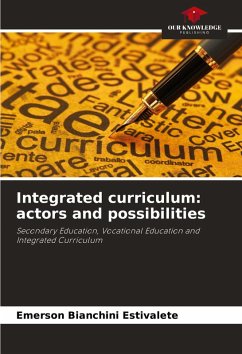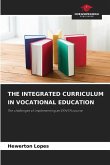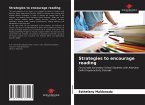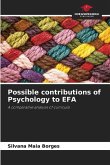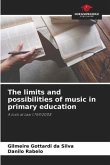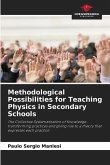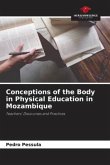This book is a reflection on the integrated curriculum, its actors and the possibilities for practical implementation in the context of a Technical High School Course. For this qualitative research, an ethnographic case study was chosen. The field of investigation was made up of the testimonies of two groups of interlocutors totalling 14 participants. Data was collected from August 2012 to October 2013 through participant observation, document analysis and semi-structured interviews. The data was analysed using Textual Discourse Analysis and resulted in six categories. The research findings suggest that the legal proposals for the course under investigation did not bring about any major changes, given the preservation of relations with the capitalist system and market demands, which have strongly influenced the construction of technical course curricula. The study can contribute to reflections on the possibilities for building interdisciplinary attitudes in the teaching field, where the meaning of learning is given greater prominence for all the actors involved in the educational processes.
Bitte wählen Sie Ihr Anliegen aus.
Rechnungen
Retourenschein anfordern
Bestellstatus
Storno

